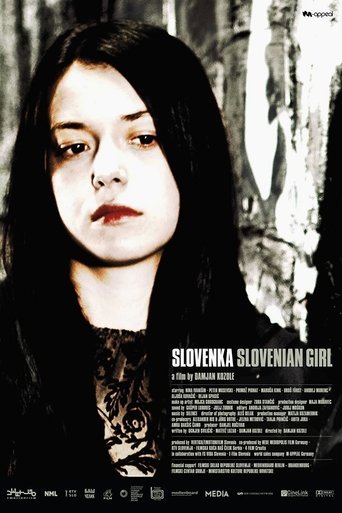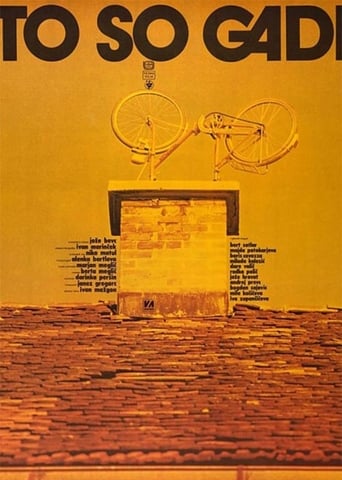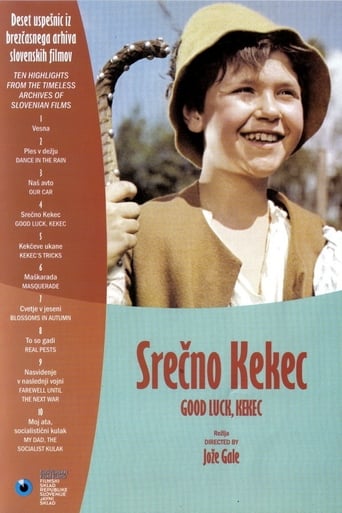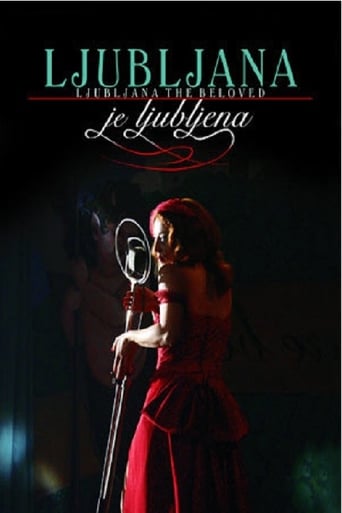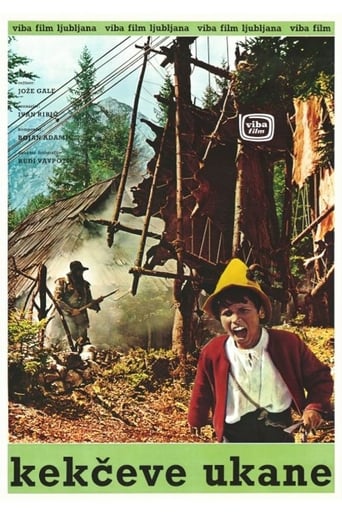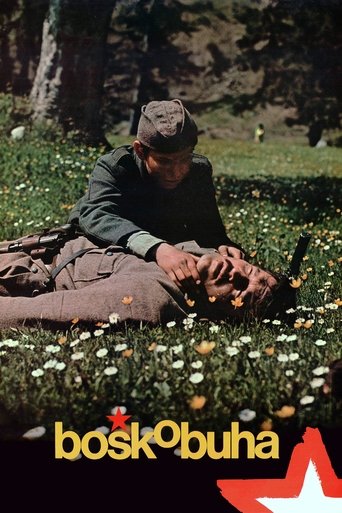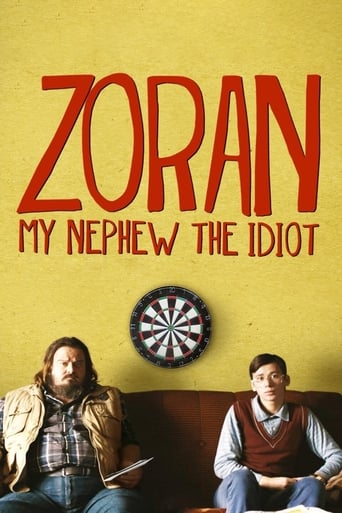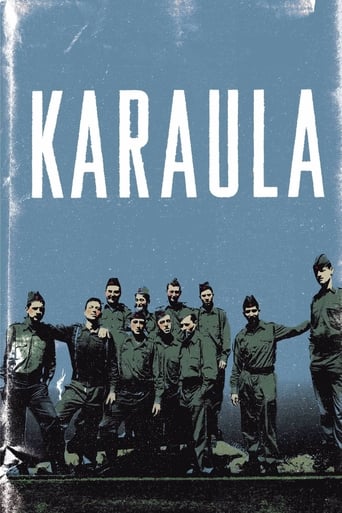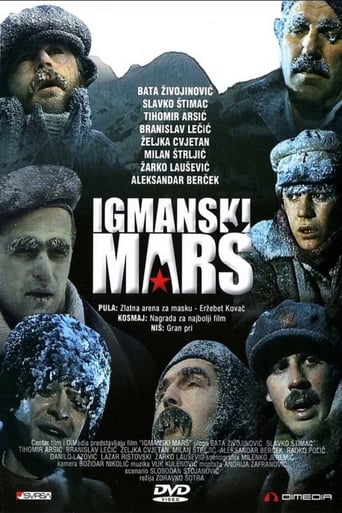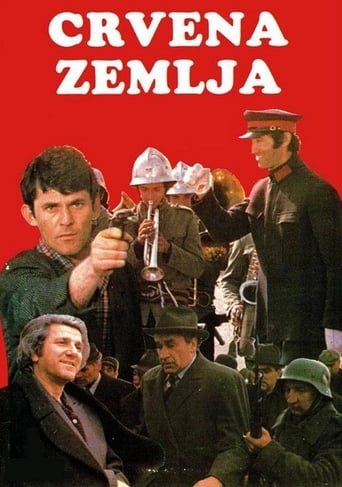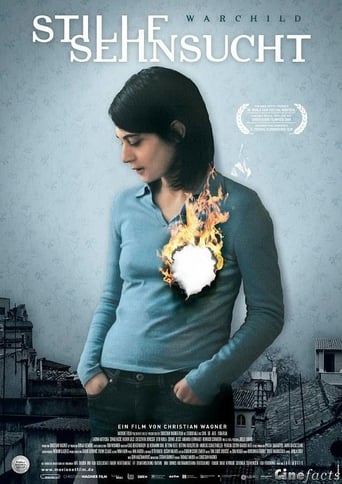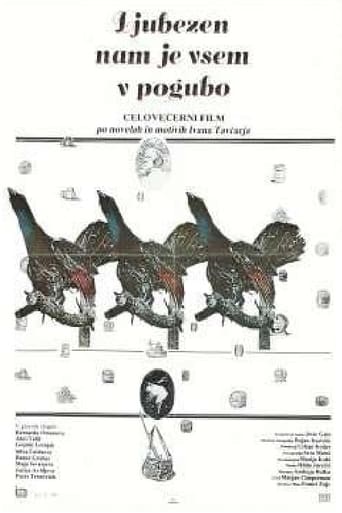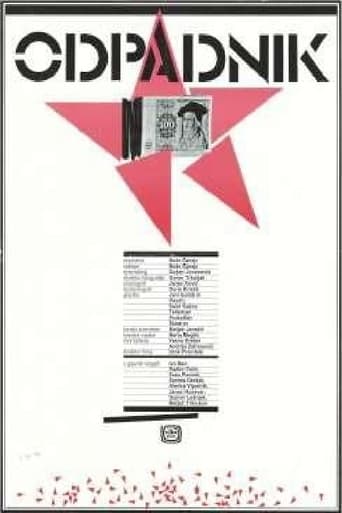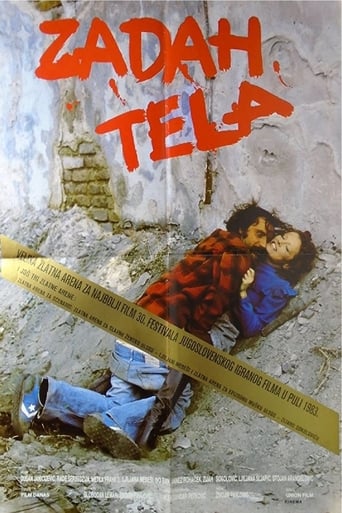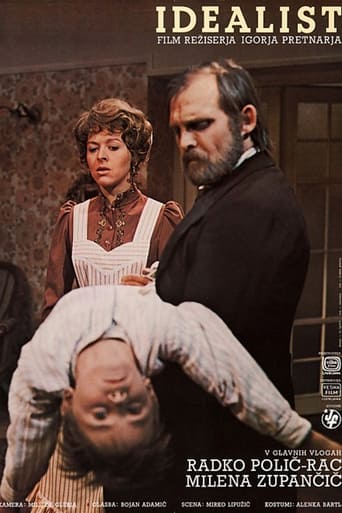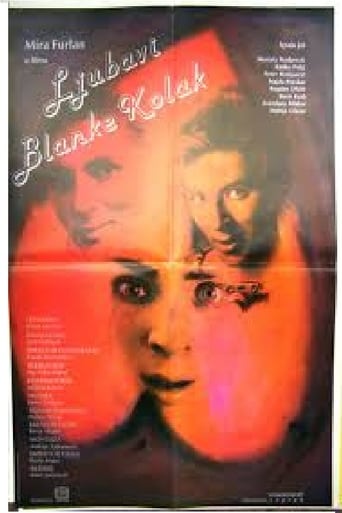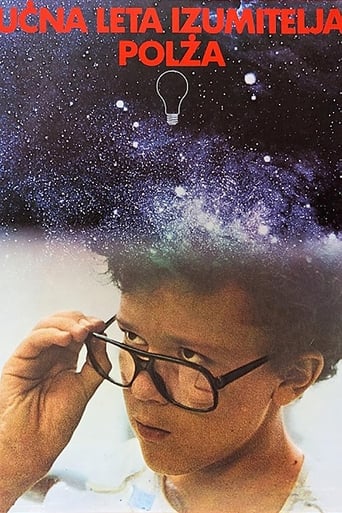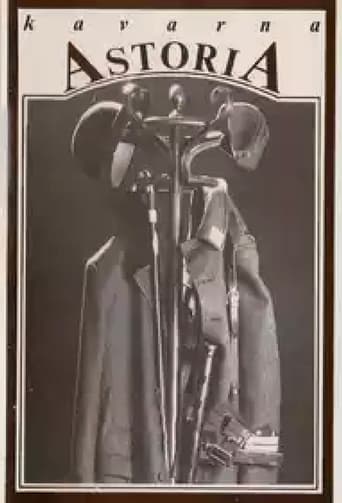In the wild times of the Second World War, Blanka marries political grandee Pavle, who is shortly afterwards sent to Goli Otok as a political prisoner. Blanka has enthusiasm for photography, becomes independent and opens a studio of photography with Laco. But soon she realizes that her business partner is an impostor. Pavle returns from prison, but their relationship, despite awareness of the political interference in their intimate sphere, imbues the bitter chill and misunderstanding. Blanka tries to drown her endless problems in alcohol and seduce her only male friend, but her last rescue, the thread of love, is being interrupted as well. Is every love of Blanka Kolak sentenced to death, is love possible at all, is worth living without it?
